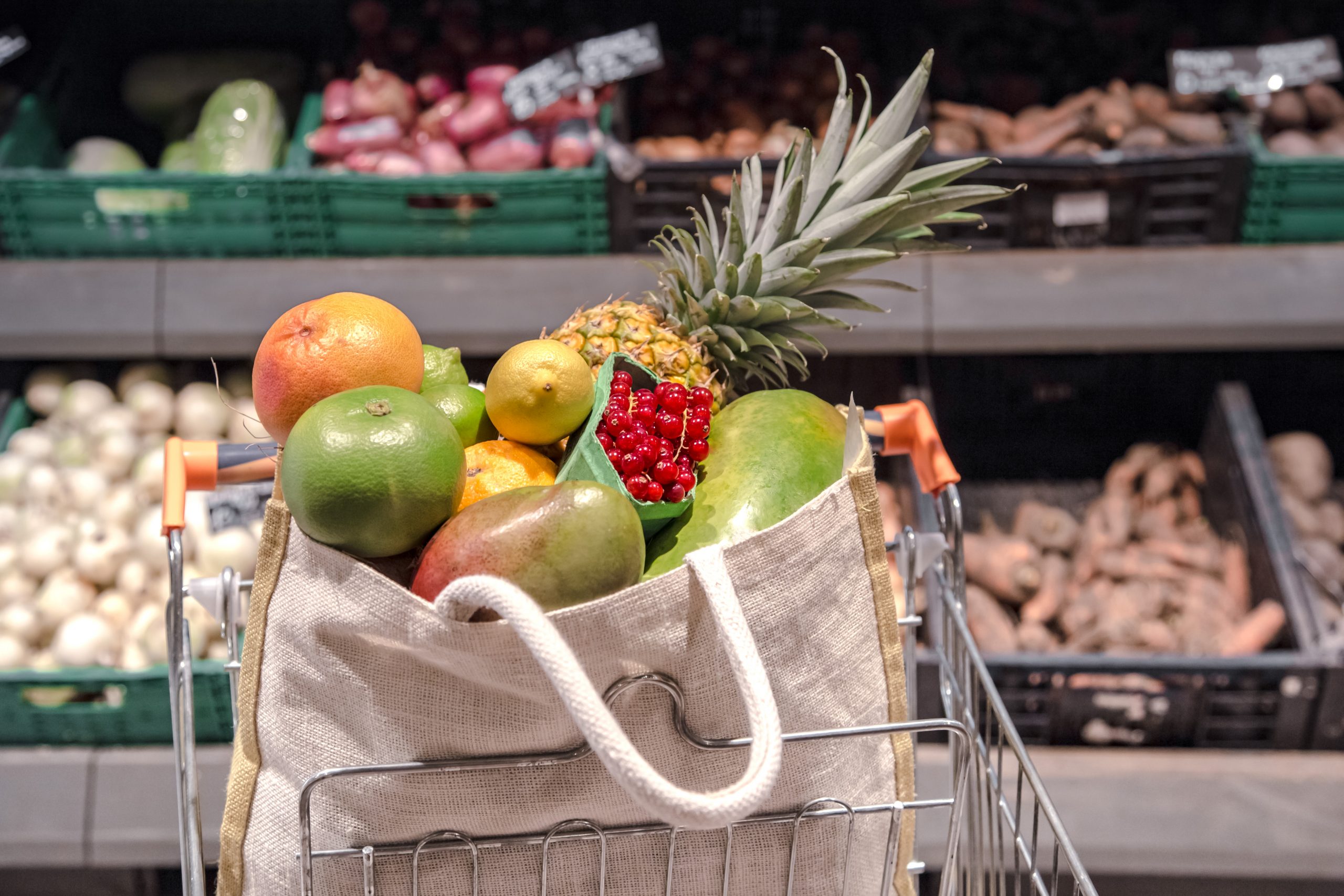CERTIFIED SUSTAINABILITY TO TACKLE THE CRISIS
Rising temperatures and weather events are already having an impact on agricultural systems. It has been calculated that if the world's agriculture fails to adapt to the new climate conditions, global food production could fall by 10% in the coming decades and even by a quarter by the end of the century, with worrying consequences on production costs and rising raw material prices.
The objective of the Green Deal is to achieve climate neutrality by 2050 through plans focused on the sustainable economy; to receive support from the European Commission, Member States must allocate 37% of their expenditure to the green economy and 21% to digital investments.
In this context, (accredited) certifications guarantee the application of international standards, increase confidence in the quality of products and promote the exchange of environmental information, providing consumers with transparency and reliability on the origin of foodstuffs on the market through designations of origin and geographical indications.
The reference standards are:
- Standard: UNI CEN EN ISO/IEC 17025 guarantees food safety.
- Standard: UNI EN ISO 22005 regulates traceability systems in the agri-food chain.
Other accredited certification schemes should also be mentioned, such as integrated production, according to the UNI 11233 standard promoted by the Common Agricultural Policy (CAP) systems; certification of agricultural products according to the GlobalGAP; PEFC certified forest management; PEFC; and sustainability of biofuels, bioliquids and biomethane.
In addition to specific agri-food certifications, there are other accredited certifications covering environmental and energy aspects throughout the supply chain..
But how can the environmental impact of a product/service be assessed to improve its efficiency and increase its value in terms of sustainability?
The right tool is the LCAor Life Cycle Assessment studies. It is based on the study and assessment of the life cycle of a product or service through the analysis of the phases that characterize it: from the supply of raw materials, to the transformation processes, transport and distribution up to use/consumption and disposal.
The results of this analysis contribute to the development of strategies aimed at improving environmental performance and increasing competitiveness on the market, especially in the Food sector, which is increasingly attentive to the choice of products whose sustainability is certified.
In terms of communication, tools such as the Environmental Product Declaration (EPD) or environmental footprints (such as the Carbon or Water Footprint) represent the best guarantees for providing stakeholders with reliable data and information on the life cycle of agro-food products.
LCA Ambiente supports companies in the Life Cycle Analysis of their products (LCA), functional to the drafting of the Environmental Declaration EPD necessary for a correct and transparent communication of the sustainability criteria met.
Please contact us at info@lca-ambiente.com or info@scfinternational.itwe are available to answer your questions and support you in achieving your sustainability goals!
